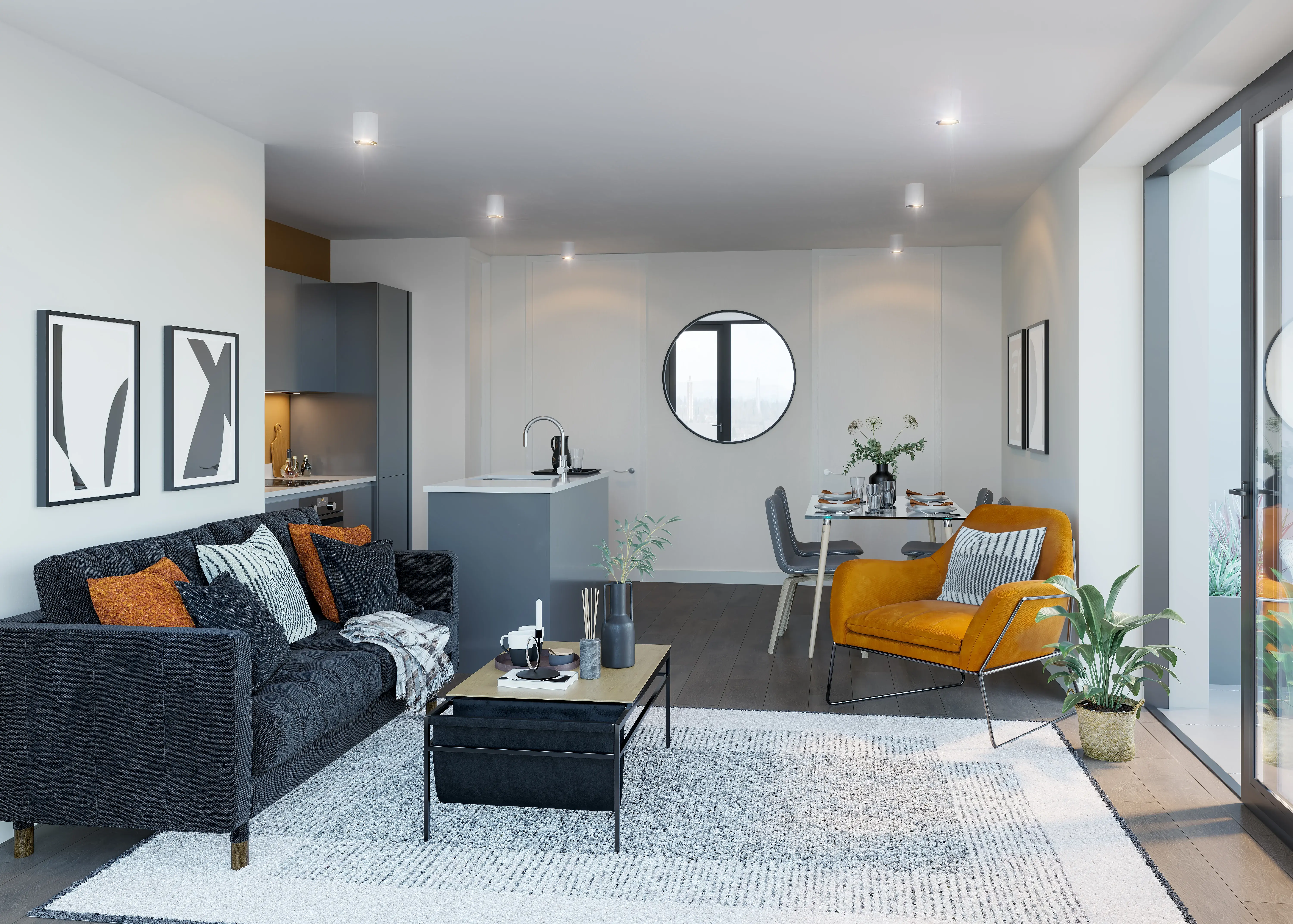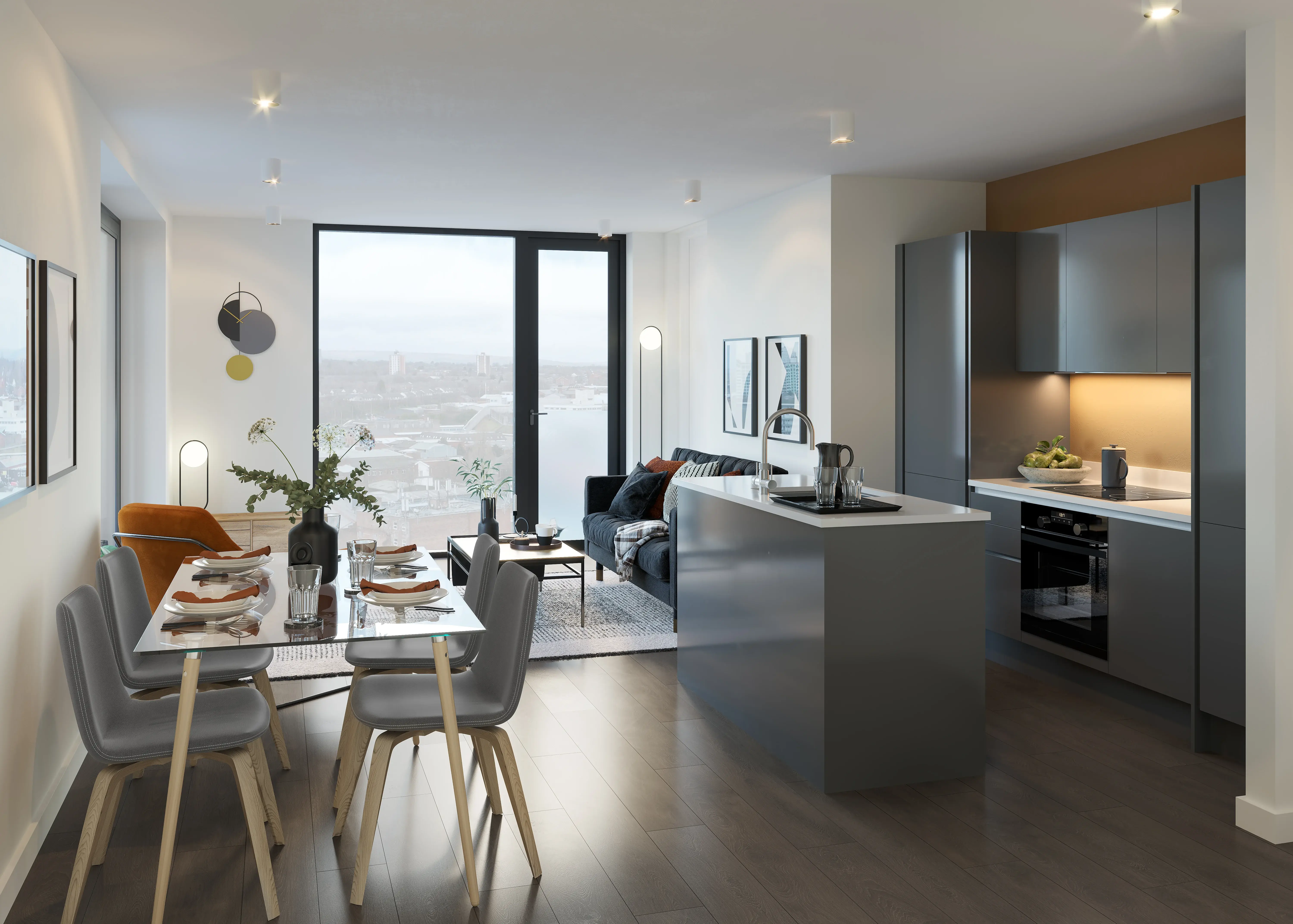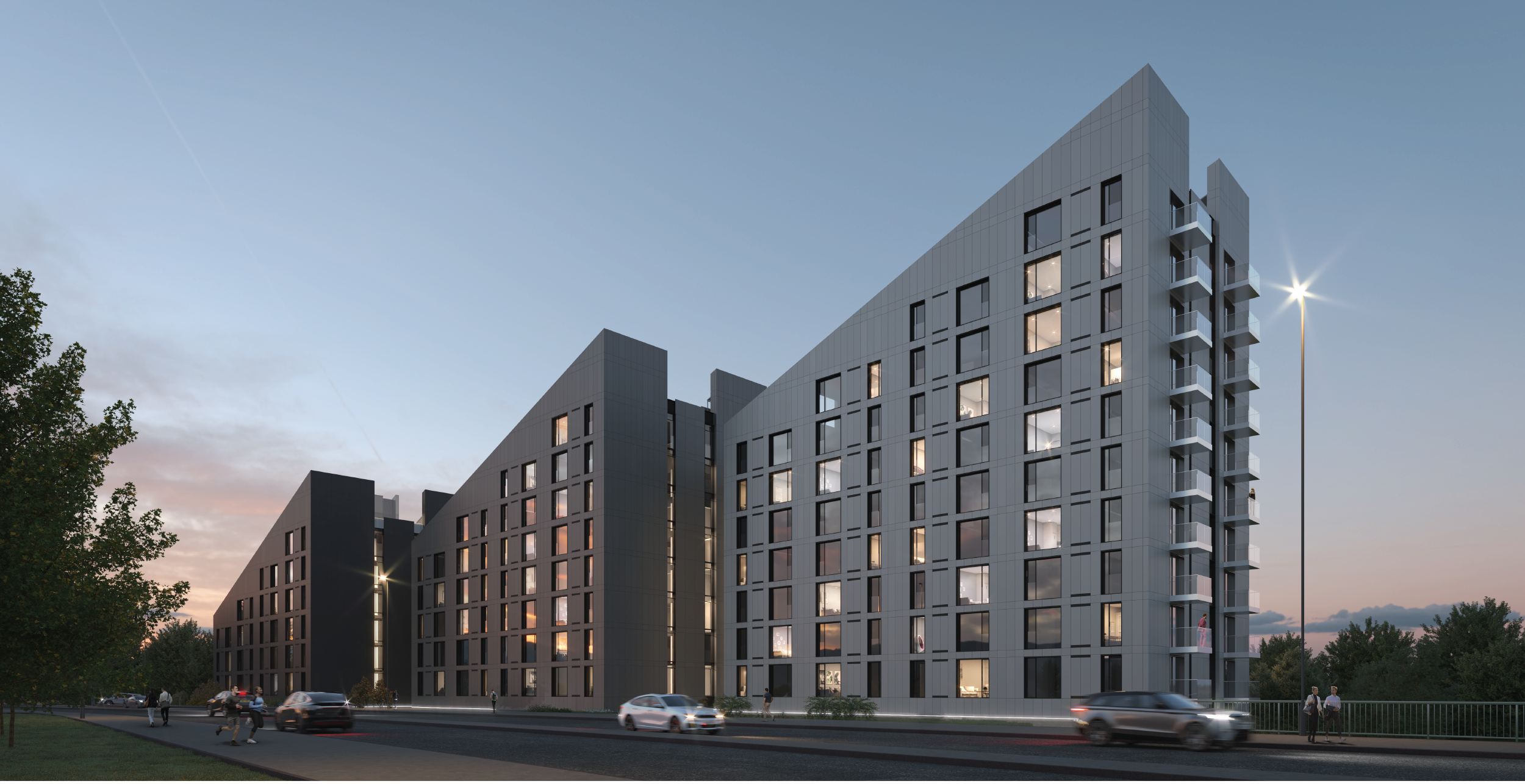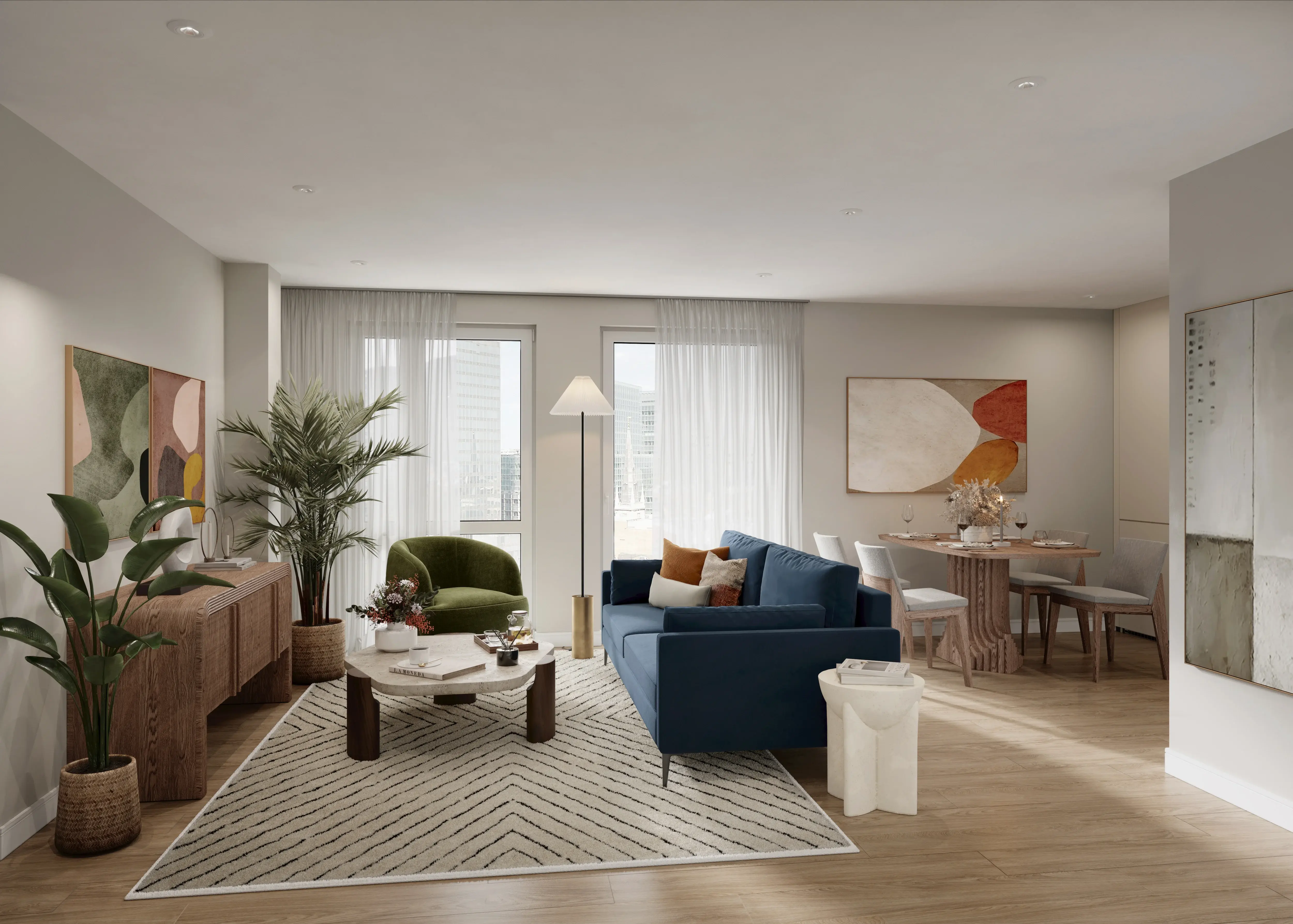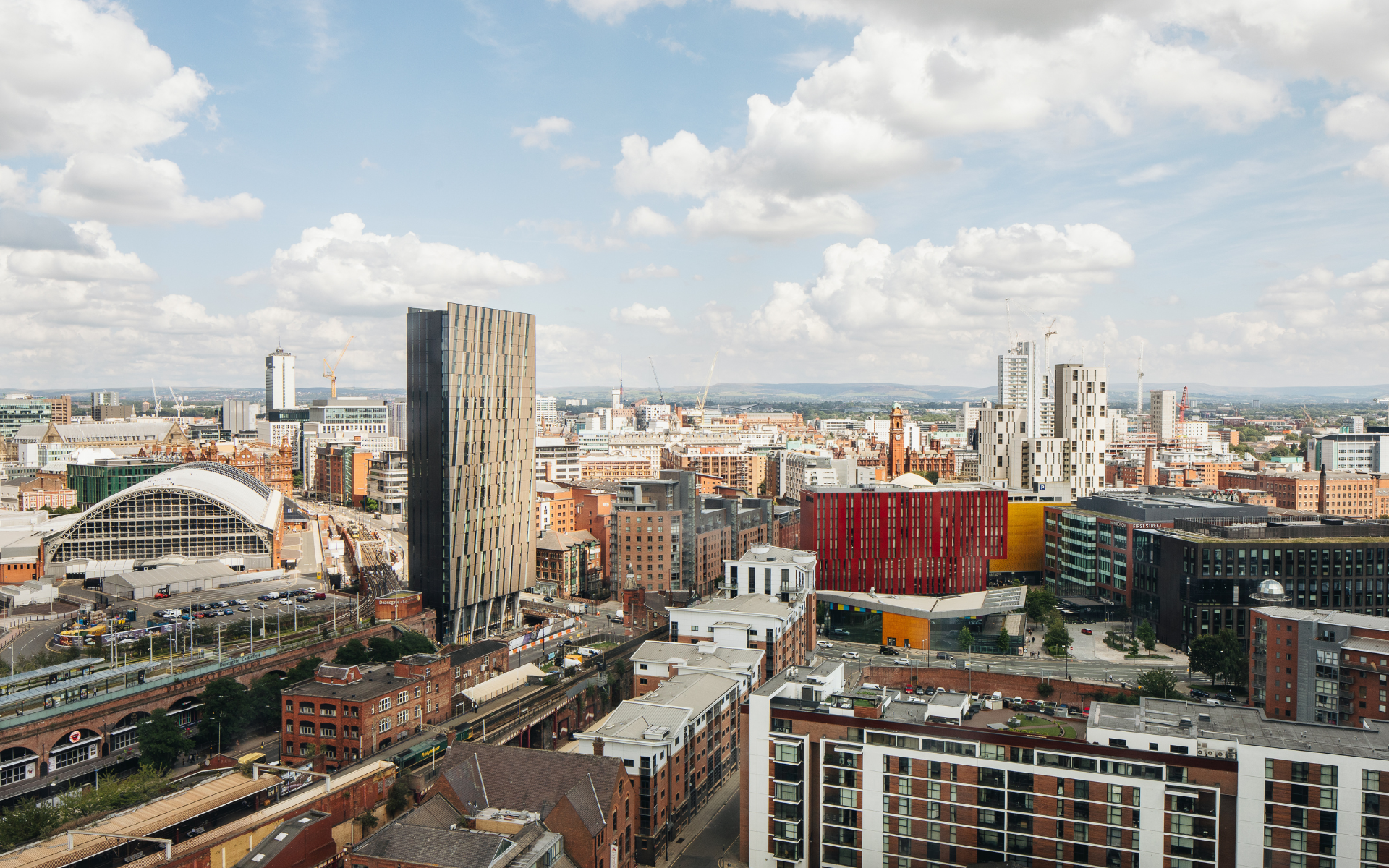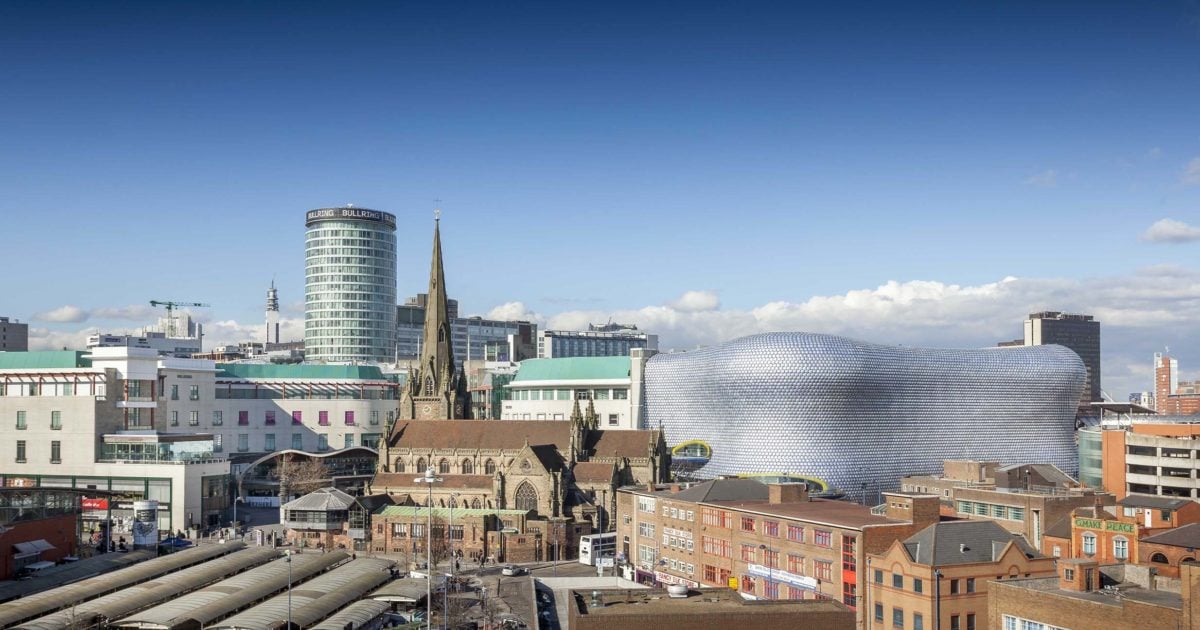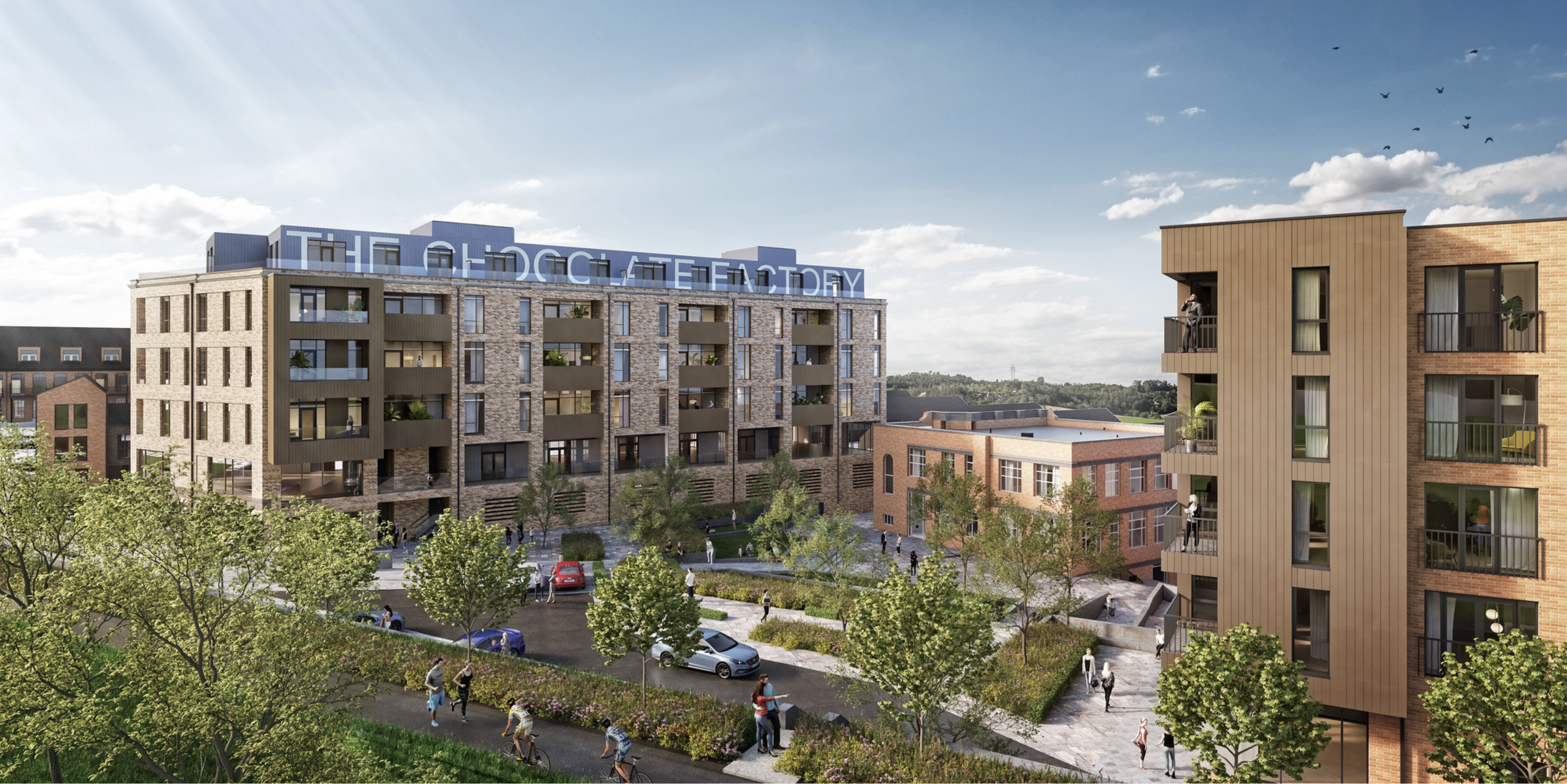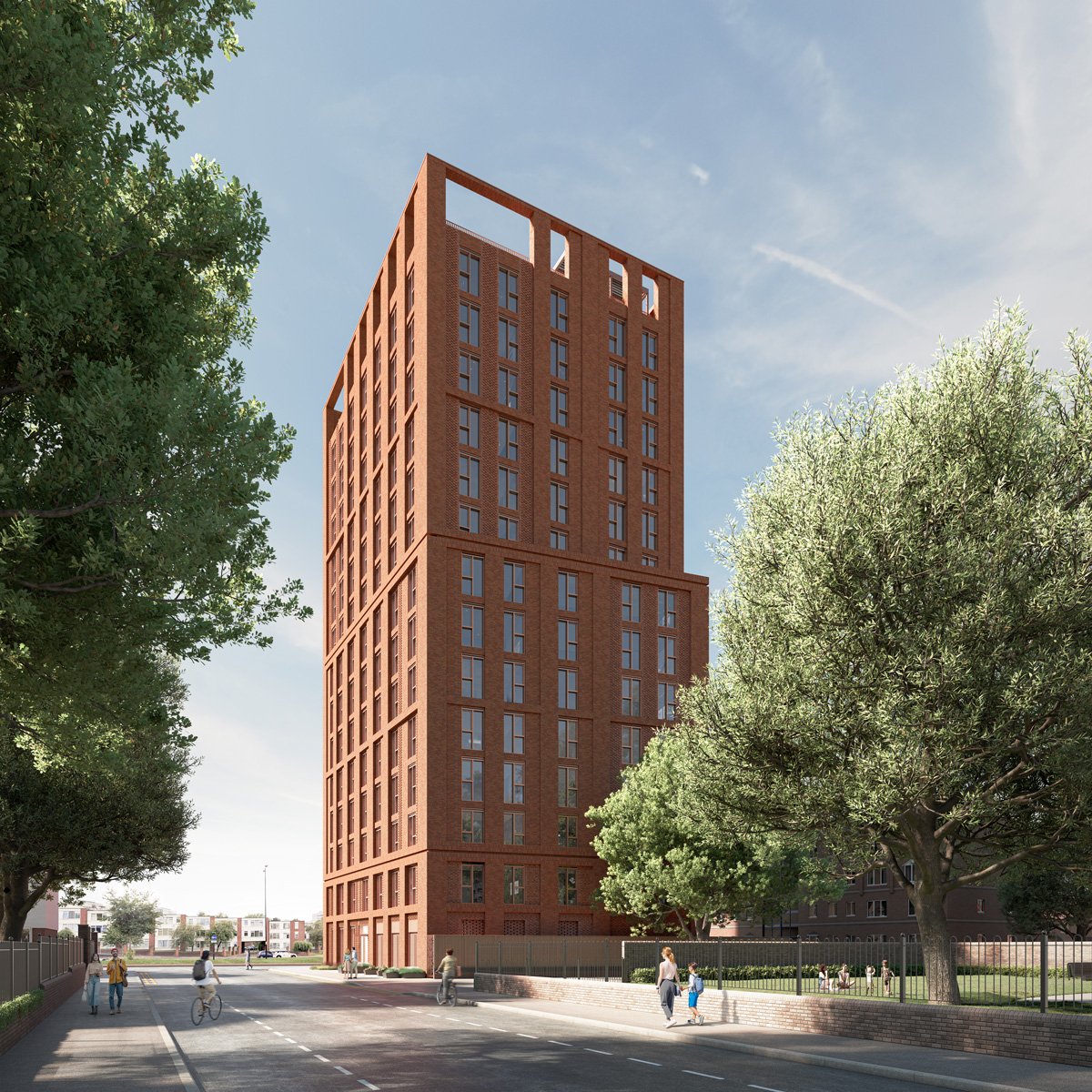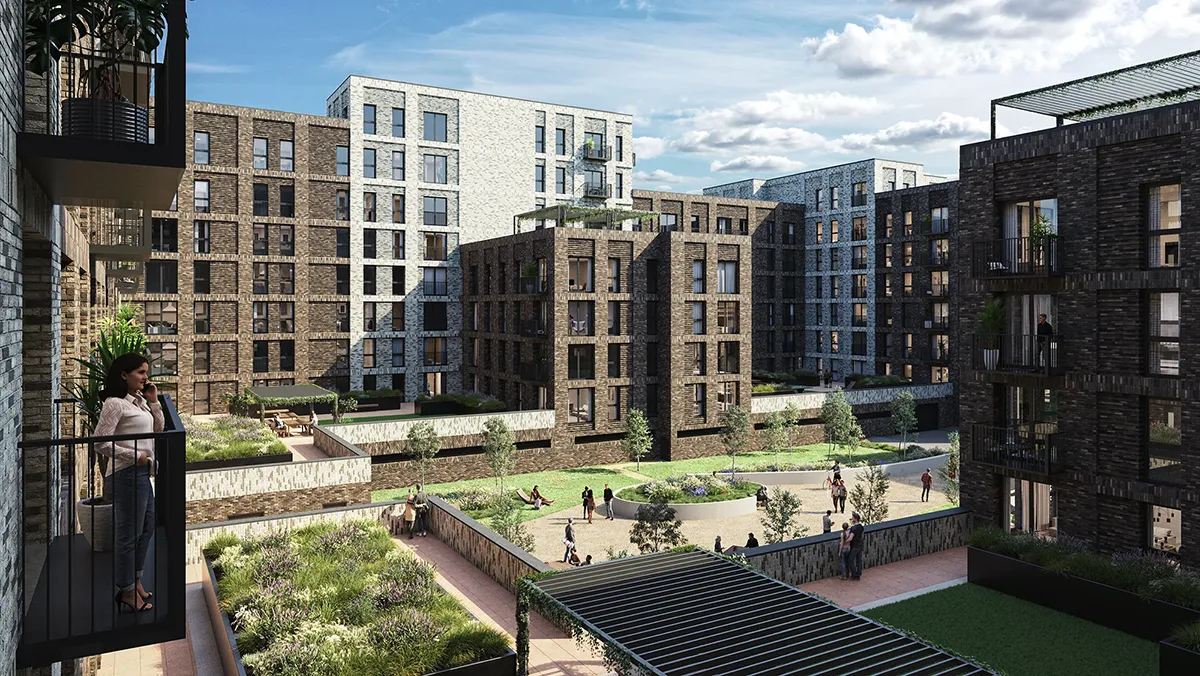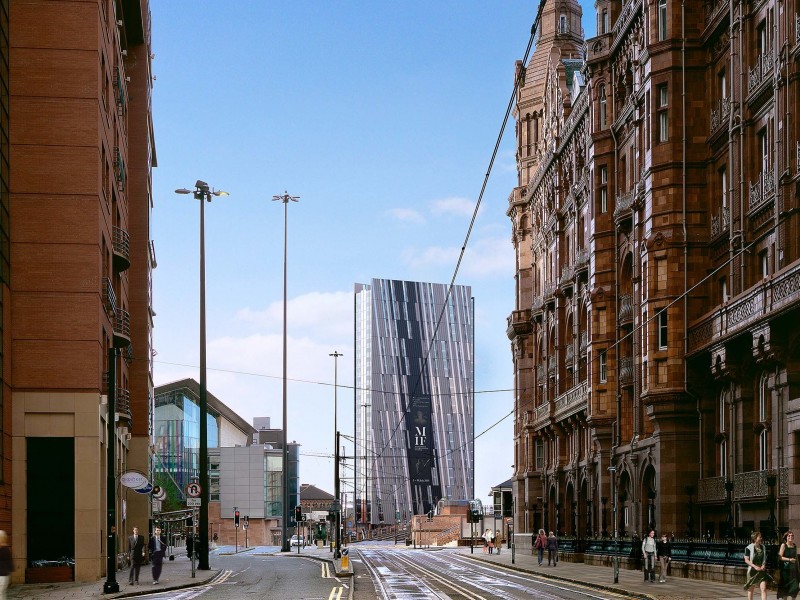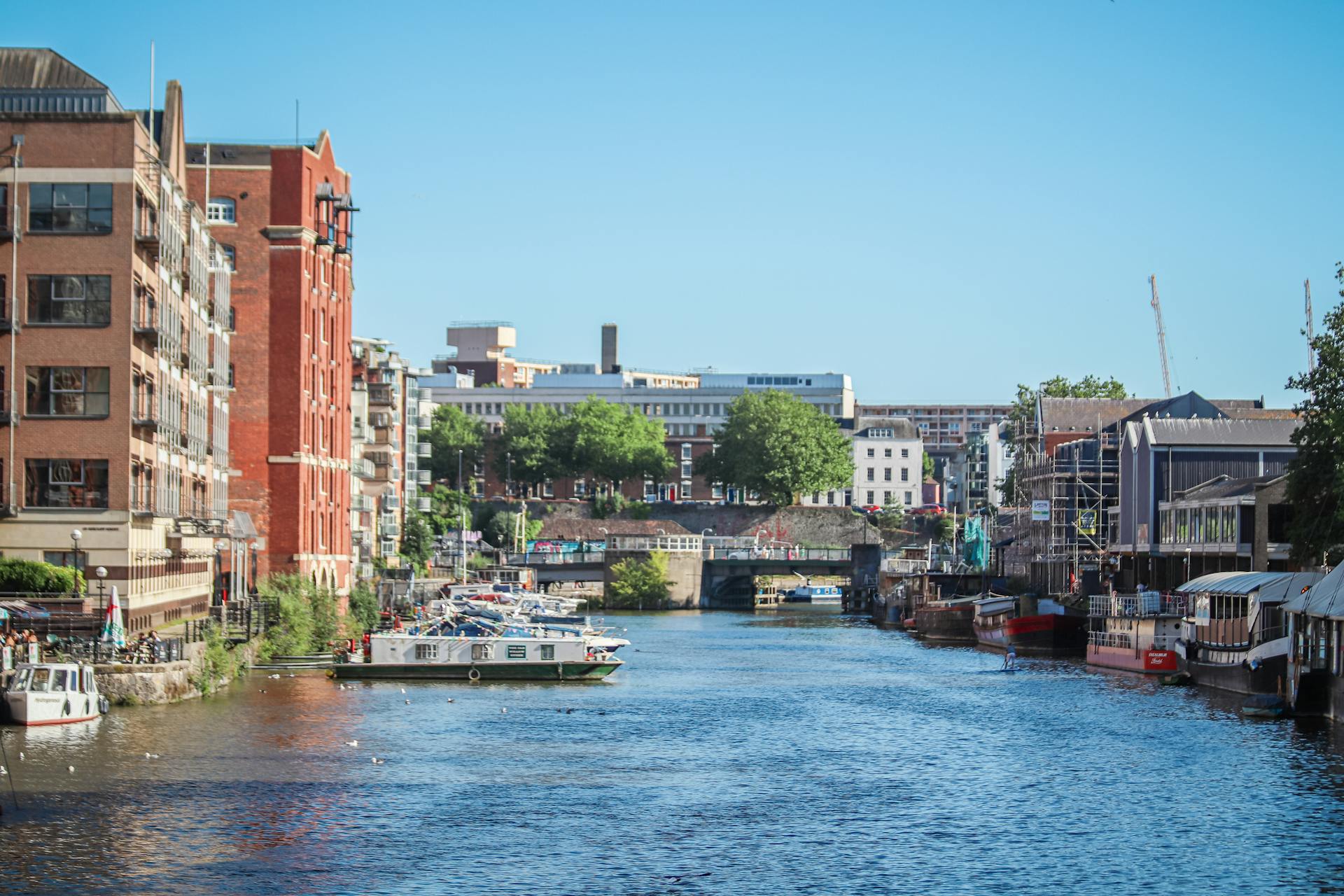More people choosing to rent than buy

Traditionally, an Englishman’s home has always been his castle - a symbol of pride, status, and success. However, the average age of the first-time buyer has increased to thirty-four, with more people deciding to rent, rather than buy their home. This trend looks set to continue, with projections indicating that a quarter of households will rent privately by the end of 2021, while estimates have suggested that 1.8 million more families will be looking to rent a home, rather than buy, by 2025.
This shift in the market has not come about by accident, neither is it the result of people being unable to get on the property ladder – in fact, thanks to UK government schemes such as Help to Buy, there are now several different ways in which people can buy their first property.
Instead, changing attitudes towards home-ownership, a desire for flexibility and a huge leap forward in quality, have all contributed to the demand for rental properties. A demand which has seen the value of the UK rental market grow to an incredible £66.7bn – making it more profitable as an industry than 159 world nation economies.
A change in attitudes towards homeownership
Rather than being forced into the rental market due to an inability to buy, many occupants are now deciding against mortgage plans through choice.
Market trends have indicated that city centre living is on the rise, with more people keen to live in a city-centre environment. Renting a property allows people to live in close proximity to the city centre and enjoy a range of desirable amenities including restaurants, bars, and extensive transport links, without the constraints of a mortgage.
Generation Y, or the so called ‘millennial’ generation, are one of the biggest demographics driving the UK rental market growth. As the first generation of people to have grown up in an advanced technological world, consumed by social media and the internet, millennials are used to being able to consume and use services on a ‘need now’ basis. From streaming films and TV programmes with no long term commitment via Netflix, instead of getting into expensive lengthy contracts with satellite TV companies, to downloading music via Spotify, instead of buying CDs from a shop – this generation of people have come to expect all the benefits of ownership, without the responsibility. This expectation and way of consuming in other areas of their life, has now had an effect on how they choose to live, with the number of 25-34-year olds owning their own home dropping from 65% to 27% during the last twenty years.
Flexibility and a diminished responsibility are not the only reasons that Generation Y are opting for rental properties over ownership. For many people within this demographic, renting a property allows them to live a more social lifestyle – a trend which is mirrored by the number of rental properties in the market available for multiple people to rent. In the last four years alone, searches for UK-based co-living rental opportunities have increased by 4000%. This trend for co-living commonly generates considerable interest among young professionals who are not only looking for top-quality accommodation at affordable prices, but also an enriched living experience that offers increased social interaction.
A change in perceptions of renting
Rented accommodation was once associated with poor living conditions, lack of value and unprofessional landlords.
Problems such as damp, plumbing issues, and pest infestations were once commonplace within rental properties. However, the number of properties failing to meet sufficient standards has decreased from 47% to 27% in a decade, while a 2018 survey revealed that 84% of people currently living in rented accommodation are happy living in a rented property.
David Smith, policy director for the Residential Landlords Association, commented: “These results confound the myths that some have peddled about the private rented sector. It shows once again that the vast majority of private sector landlords do a good job and look after their properties and tenants properly.”
A desire for flexibility & freedom
Additionally, renting a home offers increased freedom and flexibility from a financial perspective. One-fifth of current UK homeowners will be making mortgage repayments post-retirement, prompting many to rent a property and live without the constraints of mortgage payments. Many tenants are opting to rent in house shares and split rent and bills with their housemates to significantly reduce financial outlays, alleviating the stresses of bills and mortgage repayments commonly associated with buying a property.
Middle-aged adults embracing the rental market have cited increased freedom to travel and a reluctance to enter the buyer’s market as some of the reasons why they have chosen to rent their home, rather than buy. Nowadays, more people are adopting lifestyle choices whereby factors such as geographical mobility play an integral role in their lives. For instance, 50% of British workers would be willing to relocate within the UK for work purposes. Rental accommodation allows employees to fulfill the demands of their employer, as they aren’t restricted and bound by mortgage commitments.
High quality rental options
The increasing number of people opting to rent their homes has driven innovation within the sector, with many developments now offering facilities and in-house amenities more akin to a five-star hotel than a traditional apartment building.
For example, tenants with an on-site concierge can enjoy improved security levels, and also have the peace of mind that their post and deliveries will be accounted for when they aren’t available. Whilst access to on-site state-of-the-art gyms, swimming pools, roof gardens and communal hubs all instill a sense of community.
What this means for investors
The rental market has, and continues to experience, monumental growth; 4.5 million people or 19% of households in the UK are living in private rented accommodation, double the number of private renters in 2002. However, despite the popularity of the rental market increasing, there isn’t enough rented accommodation to cater for the demand.
The Royal Institution of Chartered Surveyors has indicated that there is a ‘critical’ shortage of rental properties in the UK. Combine this with the fact that the proportion of UK renters has doubled across a 20 year period, and the necessity for high quality, desirable rented accommodation continues to rise.
This expectation of the market, for a more experienced way of living, has, in turn, encouraged developers to design buildings that give residents the opportunity to enjoy fantastic facilities and feel part of a community.
Oxygen: A luxury residential investment opportunity
As the appeal of city centre living has increased, so has Manchester’s reputation as one of the most desirable places for people to live and work. The city at the centre of the government’s northern powerhouse movement, was crowned the best city to live in the UK by the Economist’s ‘Global Liveability Index’ in 2018. The lure of high-skilled, high-paid jobs and an affordable cosmopolitan lifestyle have been cited as some of the key reasons why people are choosing to live in the city.
With several very distinct areas within the city, Manchester has a neighbourhood for everyone’s tastes and lifestyle. Alliance Investment’s luxury residential development Oxygen is located on the doorstep of one of Manchester’s most popular areas – Ancoats. Voted the 13th 'coolest neighbourhood' in the world, alongside neighbourhoods in Amsterdam, Berlin, and Tokyo, Ancoats is fast becoming renowned for its boutique shops, artisan cafes, and popular bars and restaurants. A reputation that is subsequently driving huge demand for residential property in the area. Oxygen is located right on the doorstep of this vibrant neighbourhood, whilst only being just a short walk away from Piccadilly Station (one of the new HS2 stations), the Northern Quarter and Manchester’s Arndale shopping centre.
Designed by prestigious architects 5Plus, and offering unrivalled facilities, including rooftop gardens, swimming pool, and private spa, Oxygen is one of the highest specification buildings ever built in Manchester and combines a sleek city living with home comfort.
To find out more about Oxygen, contact a member of our team today.
Continue Reading


